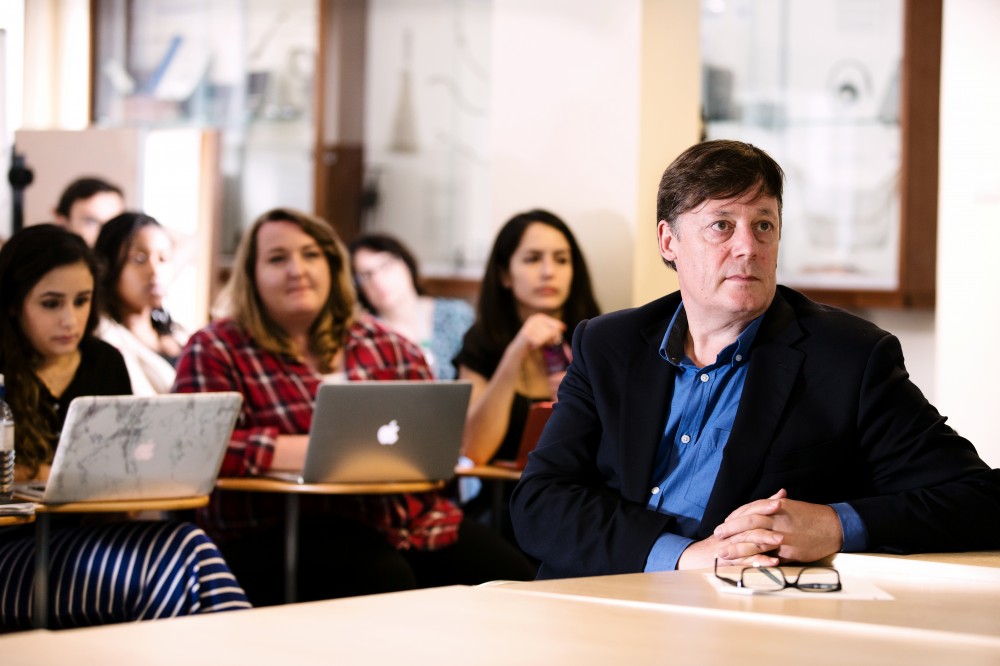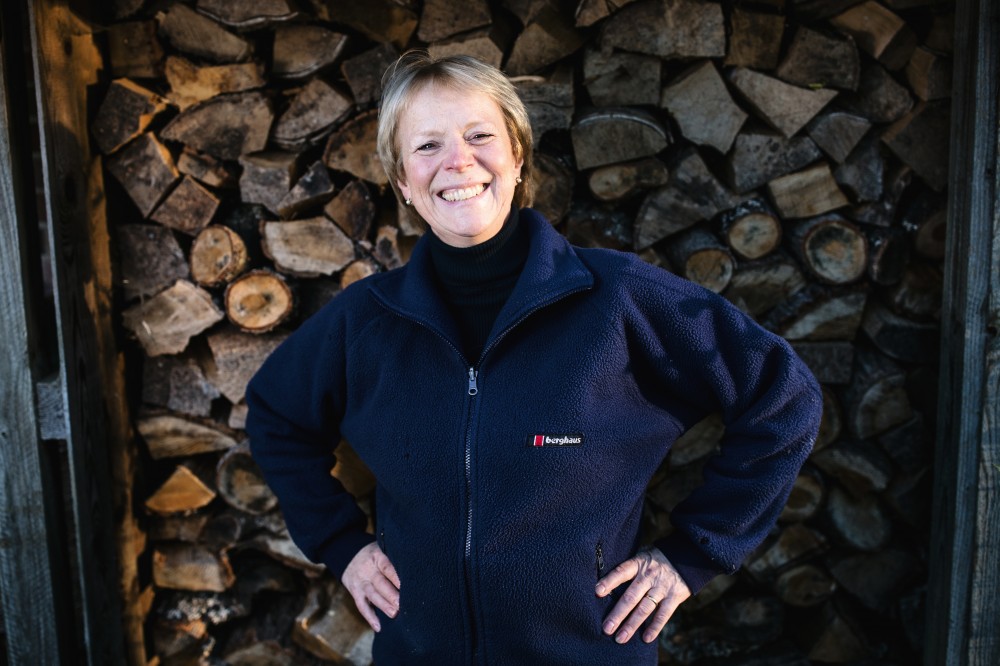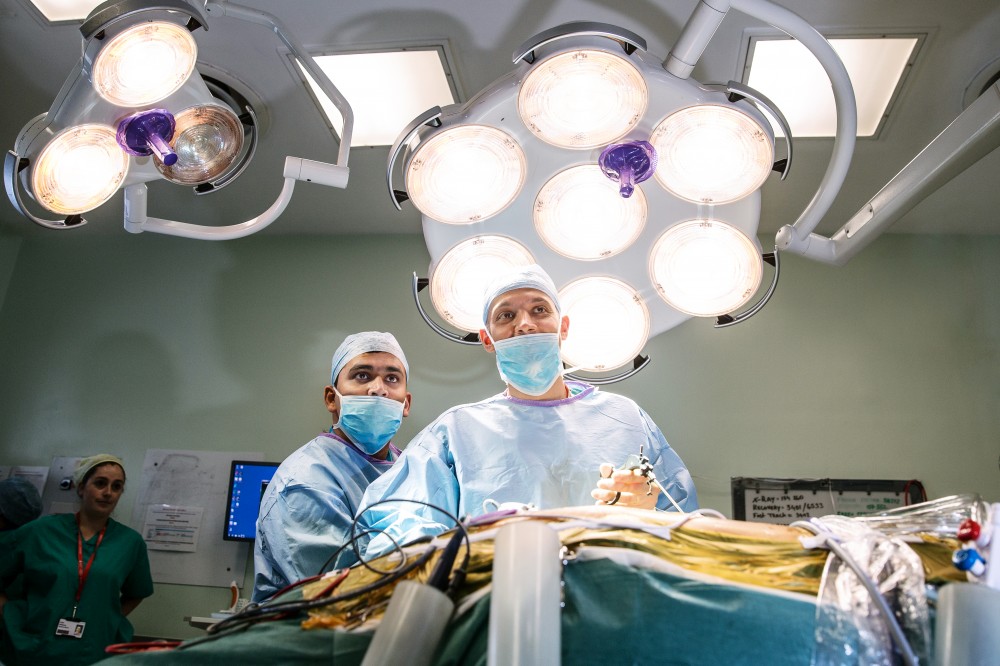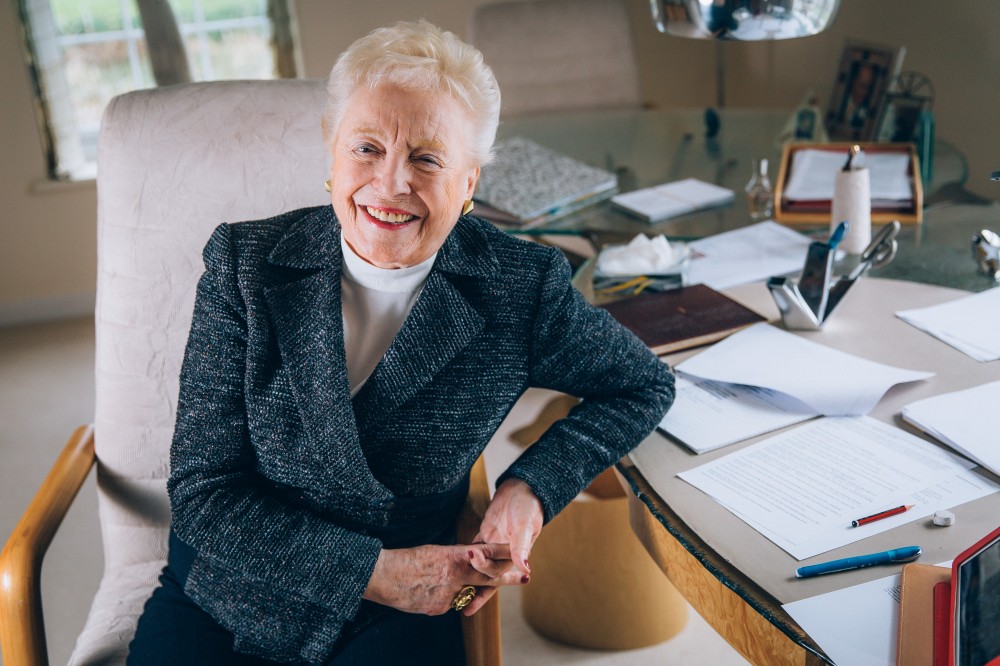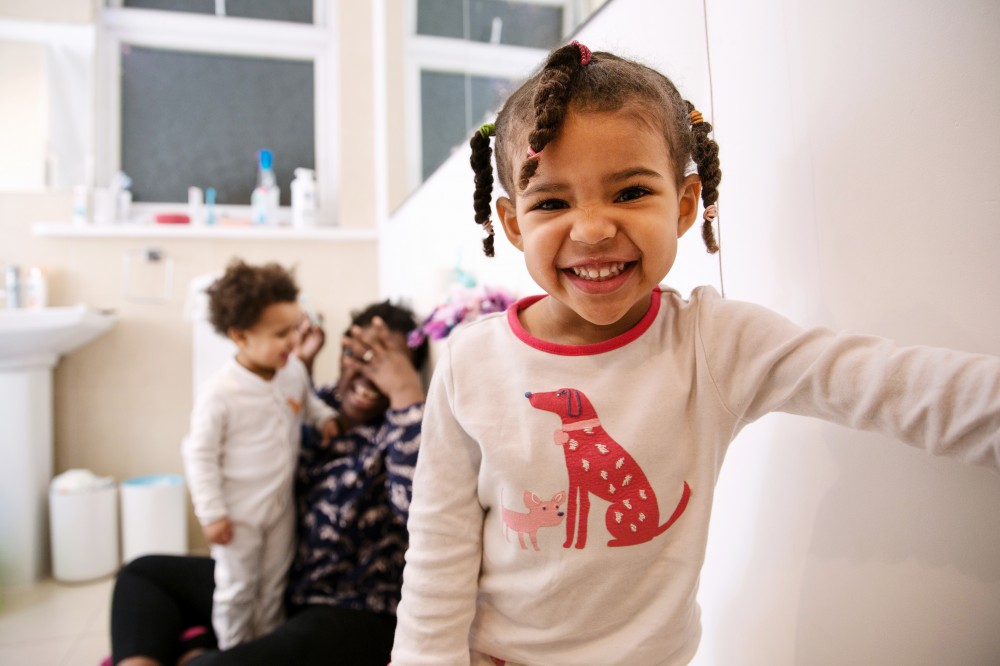How can you balance a career in medical research with a life outside of science? Clinicians, surgeons, doctors, entrepreneurs and biomedical researchers from different career stages share their tips for life within and beyond work. Read more on our dedicated MedSciLife website.
On rejections
"When I get a rejection, I give myself 24 hours to feel annoyed, and then you have to pick yourself up and move on. You can’t drive yourself nuts worrying about every rejection, because it’s part of life." Professor Andrea Brand FRS FMedSci, Herchel Smith Professor of Molecular Biology, Gurdon Institute, University of Cambridge (pictured above)
"The first big grant I applied for as a chief investigator, I did not get. My boss at the time said that accepting this was part of being an academic. You have to take the rejections, and there may be many of them. She also said you need to learn from the rejections and judge whether the idea is worth pursuing or whether you need to move on. I decided to persist, and was awarded my first multi-million pound grant which resulted in its first publication 10 years after the grant was awarded. This taught me my second most important lesson – sometimes it takes a while to get results." Professor Peter Brocklehurst FMedSci, Director, Birmingham Clinical Trials Unit and Professor of Women's Health, University of Birmingham (pictured below)
On important decisions
"When in negotiation about career progression know where you draw the line. For example, I was prepared to walk away from the offer of a Chair in Cambridge if it came with no support; and then suddenly the support emerged!" Professor Ann-Louise Kinmonth FMedSci, Emeritus Professor of General Practice, University of Cambridge and Fellow, St Johns College Cambridge
"There is never a good time to have children. The next job, grant, publication is always on the horizon. My advice to young academics, male or female, is not to wait for the perfect time to start a family. Most funders take career breaks into account and shared parental leave is now an option." Dr Li Chan, Senior Lecturer in Paediatric Endocrinology, Queen Mary University of London
"Don’t plan everything – leave some flexibility, at least in your attitudes, for the unexpected opportunity, the irresistible challenge, the slightly scary (but also exciting) request. Doing the next thing that is interesting and worthwhile is rarely a mistake – even if it doesn’t work out as you expected, it will be a source of learning and experience." Professor Catherine Law FMedSci, Professor of Public Health and Epidemiology, UCL (pictured below)
On equality
"I strive for equality, and I try not to spend too much time washing socks. Be vigilant, not only about gender issues but also everything else. It doesn’t always come naturally to say, 'Hold on, that doesn’t sound right' – but now I do it quite actively." Professor Edith Heard FRS, Director of Genetics and Development Biology at the Institut Curie and Chair of Epigenetics and Cellular Memory at the Collège de France
On careers
"Make yourself useful to those who you work with. Surround yourself with people who are better than you. Treat research like a team sport: Always strive to be on the best team, even if it means being the worst player." Mr Kourosh Saeb-Parsy, University Lecturer and Honorary Consultant Transplant Surgeon, University of Cambridge (pictured below)
"Take your time, use your postdoc training to learn all the skills you need to run an independent research group, and take opportunities such as teaching and demonstrating. Being an academic often feels like juggling several jobs at once, and preparation is the key to stop things becoming overwhelming." Dr Cristina Lo Celso, Reader in Stem Cell Biology, Imperial College London
"I wish I’d brought in financial skills much earlier in my company’s development. It was 25 years before it paid a dividend – for comparison, Microsoft took ten years. I should have stepped back from operational management much earlier and handed over to professionals: a classic mistake of many entrepreneurs. More broadly, it’s a question of doing what matters to you – and holding onto your goals and ideals." Dame Stephanie ‘Steve’ Shirley CH DBE FREng FMedSci, Entrepreneur and philanthropist (pictured below)
"I still follow my PhD supervisor’s advice: just do good work – everything else follows from this. Energy spent worrying about your grants and papers will not help you in any way, but channeling that energy into your research – when things are not quite going as well as you hoped – will always pay off." Dr Atlanta Cook, Wellcome Trust Senior Research Fellow, University of Edinburgh
On perfection
"'Striving for excellence motivates you; striving for perfection is demoralizing.' I try to keep those words in mind during my working week, which is a balancing act familiar to many. Although I give as much as I can to my various roles – researcher, clinician, policy maker, parent, partner and generally humane human, not necessarily in that order – when the balance tips, I forgive myself and start again." Dr Lola Solebo, NIHR Academic Clinical Lecturer, UCL, Moorfields and Great Ormond Street Hospitals (pictured below)
On real life
"If you are offered kindness or wisdom, remember to pay it forwards. And never, ever, mistake work for real life." Professor Geraint Rees FMedSci, Dean of the Faculty of Life Sciences, University College London
![]() A life outside science is not an extra, but an integral part of who we are as researchers.
A life outside science is not an extra, but an integral part of who we are as researchers.
The Academy of Medical Sciences' #MedSciLife project brings together personal stories of those working in medical and health research to promote different working practices and explore how passions and achievements outside work can influence careers. Find out more at www.medscilife.org
